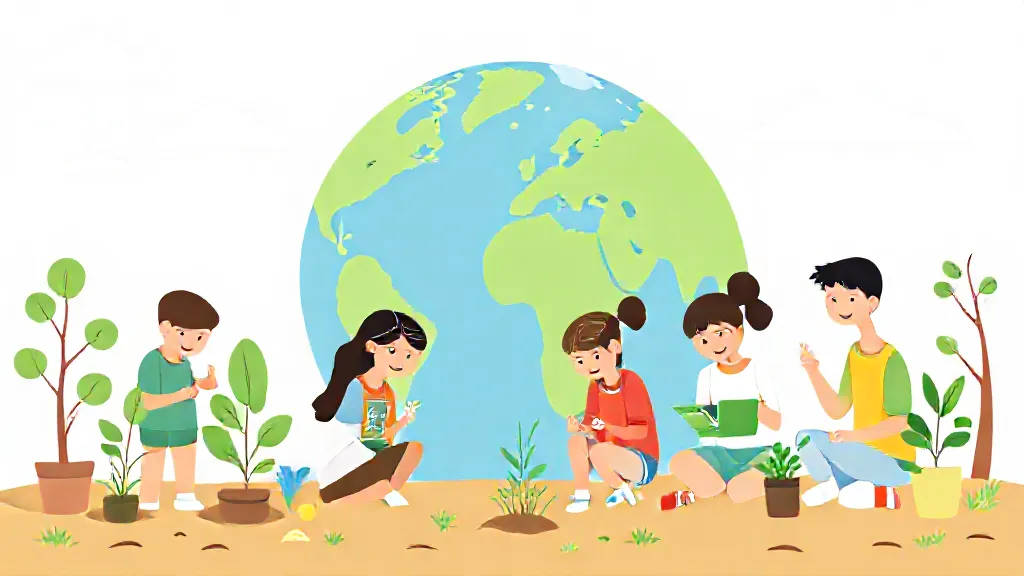In an era marked by unprecedented climate change, climate education has emerged as a crucial pillar for fostering awareness and action among future generations. As the impacts of climate change become increasingly evident—from rising sea levels to extreme weather events—the need for comprehensive climate education is more pressing than ever. This article delves into the multifaceted importance of climate education and its role in equipping young people with the knowledge and skills necessary to navigate and mitigate the challenges posed by a warming planet.
The Urgency of Climate Change Awareness
Climate change is not a distant threat; it is a current reality that affects ecosystems, economies, and communities worldwide. The Intergovernmental Panel on Climate Change (IPCC) has repeatedly emphasized the urgency of addressing climate change to prevent catastrophic outcomes. By integrating climate education into school curricula, we can cultivate a generation that understands the science behind climate change, its causes, and its consequences.
This foundational knowledge empowers students to engage critically with the world around them and to recognize the significance of their actions in the context of global environmental challenges.
Empowering Future Leaders and Innovators
Climate education is not merely about imparting knowledge; it is about inspiring action. By educating young people about sustainability practices, renewable energy technologies, and environmental stewardship, we are nurturing the next generation of leaders and innovators.
For instance, programs that focus on project-based learning can encourage students to develop solutions to local environmental issues, such as community gardens or recycling initiatives. These hands-on experiences foster a sense of agency and responsibility, motivating students to pursue careers in environmental science, policy, and advocacy.
Building Resilience through Knowledge
As climate-related disasters become more frequent and severe, building resilience in communities is essential.
Climate education equips young people with the skills to adapt to changing conditions and to contribute to the resilience of their communities. Understanding concepts such as climate adaptation and mitigation can help students develop strategies to cope with the impacts of climate change, whether it be through disaster preparedness plans or sustainable agriculture practices. This knowledge not only benefits individuals but also strengthens community bonds and enhances collective action.
Fostering Global Citizenship
Climate change is a global issue that transcends borders, making it imperative for future generations to develop a sense of global citizenship. Climate education fosters an understanding of interconnectedness and the shared responsibility we all have in addressing environmental challenges. By learning about global climate agreements, such as the Paris Agreement, students can appreciate the importance of international cooperation and the role of diverse stakeholders in combating climate change.
This perspective encourages empathy and solidarity among young people, motivating them to advocate for equitable solutions that consider the needs of vulnerable populations.
Integrating Indigenous Knowledge and Practices
A comprehensive climate education framework also acknowledges the value of Indigenous knowledge and practices in understanding and addressing climate change. Many Indigenous communities have long-standing relationships with their environments and possess valuable insights into sustainable land management and conservation.
By incorporating Indigenous perspectives into climate education, we can promote a more holistic understanding of environmental stewardship that respects cultural diversity and traditional ecological knowledge. This integration enriches the learning experience and fosters respect for diverse ways of knowing.
The Role of Technology in Climate Education
In today's digital age, technology plays a pivotal role in enhancing climate education.
Online platforms, interactive simulations, and virtual reality experiences can engage students in immersive learning experiences that bring climate science to life. For example, virtual field trips to affected regions allow students to witness the impacts of climate change firsthand, fostering a deeper emotional connection to the subject. Furthermore, technology enables the dissemination of information and resources to a broader audience, ensuring that climate education is accessible to all, regardless of geographical location.
Advocating for Policy Changes
Finally, climate education is essential for advocating policy changes at local, national, and global levels. Educated individuals are more likely to engage in civic activities, such as voting and lobbying for environmental policies. By understanding the complexities of climate legislation and the importance of sustainable practices, future generations can hold leaders accountable and push for systemic changes that prioritize environmental health.
Education serves as a catalyst for social movements, empowering young people to demand a sustainable future and to participate actively in shaping policies that affect their lives.
In conclusion, climate education is not just an academic subject; it is a vital component of preparing future generations to confront the realities of climate change. By fostering awareness, empowering action, building resilience, promoting global citizenship, integrating diverse knowledge systems, leveraging technology, and advocating for policy changes, we can ensure that young people are equipped to create a sustainable and equitable future.
It is imperative that we prioritize climate education in our schools and communities to cultivate informed, engaged, and proactive citizens who will lead the charge against climate change in the years to come.
